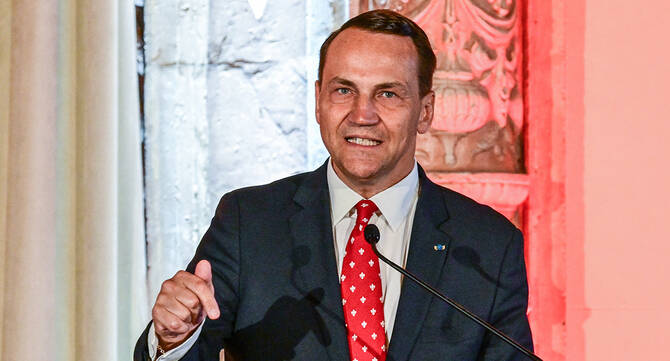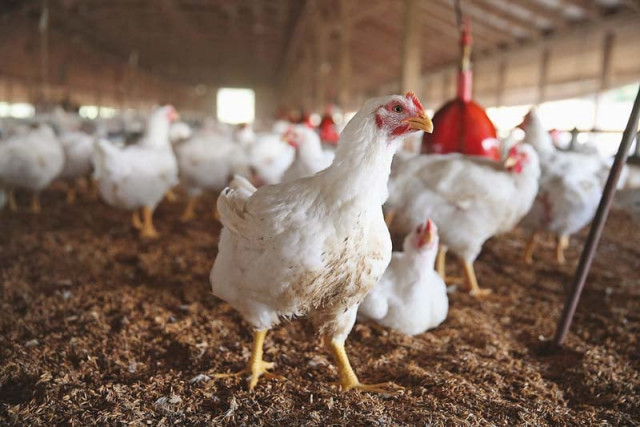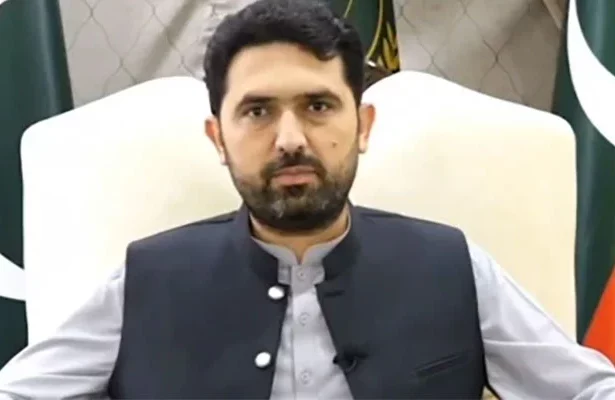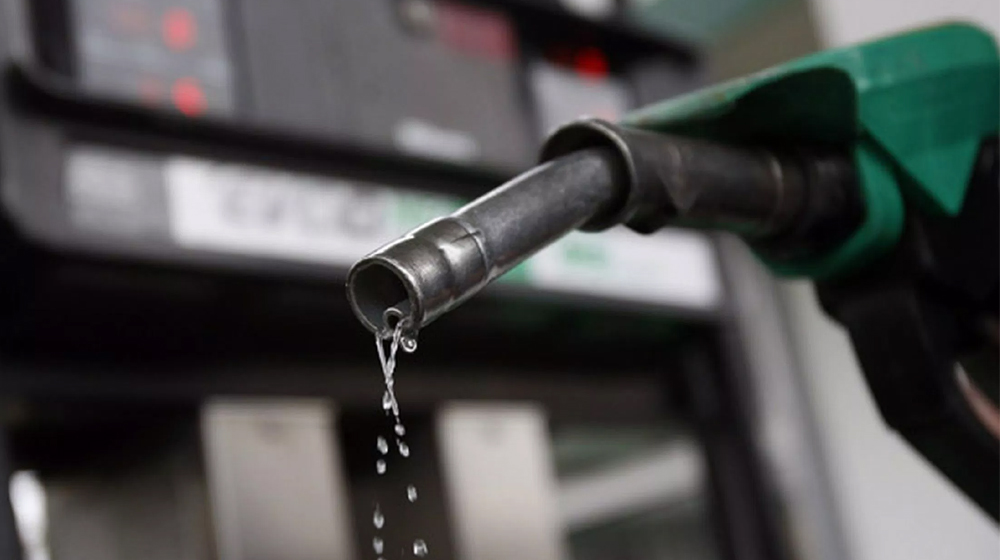PARIS: The European Union’s new migration pact is facing its first major challenge as member states approach a Christmas deadline to agree on relocating at least 30,000 asylum seekers. So far, no country has stepped forward to take responsibility. Member states divided: On Tuesday, interior ministers from all 27 EU nations gathered in Luxembourg to …
EU Faces Major Test Over New Migration Pact

PARIS: The European Union’s new migration pact is facing its first major challenge as member states approach a Christmas deadline to agree on relocating at least 30,000 asylum seekers. So far, no country has stepped forward to take responsibility.
Member states divided:
On Tuesday, interior ministers from all 27 EU nations gathered in Luxembourg to discuss the “solidarity mechanism,” a key part of the migration reform adopted last year that will take full effect in 2026.
The pact is designed to ease pressure on frontline nations like Greece and Italy, requiring other EU countries to either accept asylum seekers or pay 20,000 euros ($23,400) per person to help shoulder the burden. However, the plan is already facing stiff opposition.
Poland announced it would not accept any relocated asylum seekers. One European diplomat warned, “This is going to be a painful discussion,” as the EU must decide before the end of the year.
The European Commission plans to identify by October 15 which countries are under “migratory pressure,” based on factors such as irregular arrivals and population size. Once this list is finalized, member states will negotiate how many migrants they can take in or how much financial aid they will contribute instead.
Because of disagreements among major countries like Germany, Brussels has requested a few extra days to fine-tune its methodology. EU Commissioner, Magnus Brunner, said, “It’s not easy because it’s the first time the system is being tested.”
Debate over migrant returns:
Alongside relocation talks, ministers also discussed how to improve the return of rejected asylum seekers, a problem the EU has long struggled with. Currently, only 20 percent of migrants ordered to leave the EU are actually returned.
The Commission has proposed “return hubs” outside EU borders to process rejected migrants, as well as longer detention periods for those who refuse to leave. However, countries remain divided.
France and others oppose recognizing expulsion decisions across borders. Meanwhile, tougher-line countries such as Denmark, currently holding the EU presidency, are pushing for a quick resolution on both relocation and returns before year-end.
NGOs challenge UK-France migrant deal:
Separately, 17 humanitarian and activist groups in France have filed an appeal against a UK-France migration deal aimed at curbing the record number of migrants crossing the English Channel.
The deal introduces a “one-in, one-out” system. It allows Britain to send back migrants it deems ineligible for asylum, while accepting an equal number of approved migrants from France.
UK Prime Minister Keir Starmer supports the agreement, but critics argue it violates democratic norms. The NGOs appealed to France’s highest administrative court, saying the deal should have been ratified by parliament.











